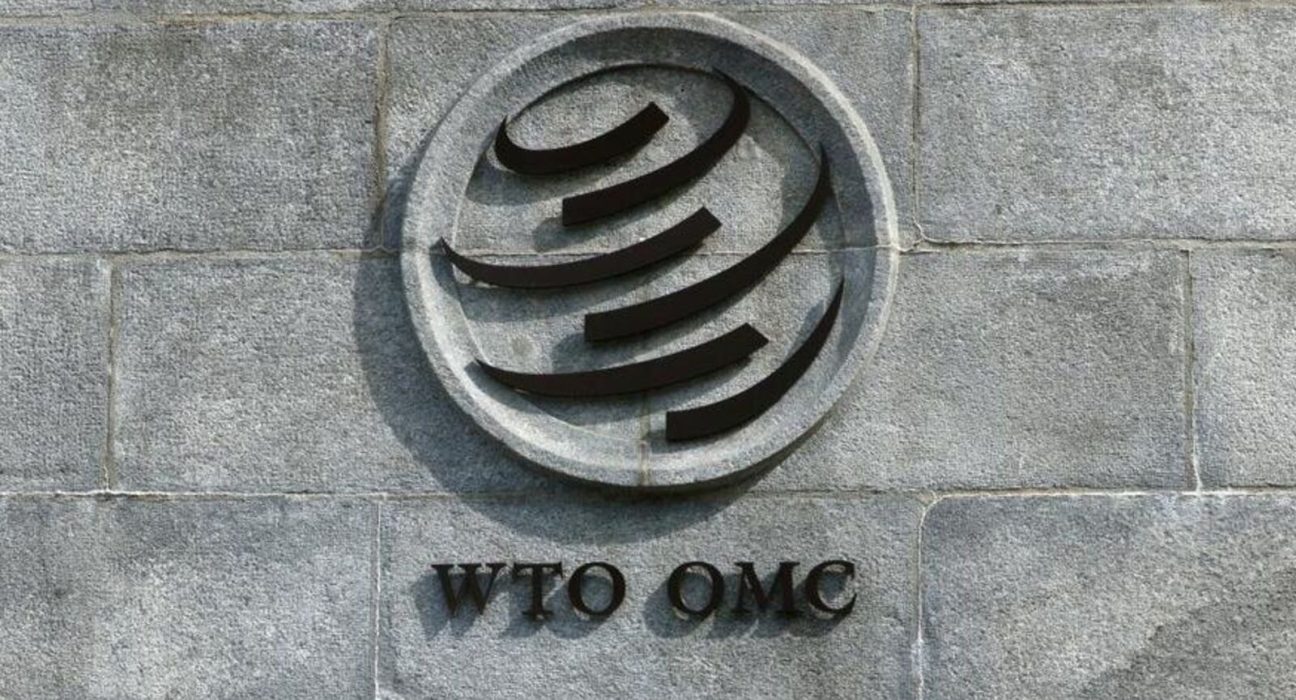New Delhi: A majority of World Trade Organization (WTO) members rejected the China-backed group’s proposal on investment facilitation for development, saying it could only be done by consensus, some non-government advocacy groups have said.
This vindicates the stand of India and South Africa against any such move that is not on the table at WTO negotiations, as the 13th ministerial conference (MC13) begins in Abu Dhabi on Monday.
The convenors – South Korea and Chile, backed by China – announced the plan despite sustained objections from India and South Africa that these negotiations had no legitimacy.
WTO members have explicitly rejected attempts to create an investment agreement since 1996. A decision in 2004 stated that no discussion of investment negotiations in the WTO would occur until the Doha Round was over. At the 2015 Nairobi Ministerial Conference, WTO members agreed that any new issues would only be addressed if agreed upon by all members.
Trade ministers of 164 countries are meeting in Abu Dhabi to tackle a broad range of topics including agriculture, fisheries, and the link between trade and sustainable development.
“Not only is there no mandate for these negotiations; there is a negative mandate. Countries that are trying to push this through at the MC13 are breaching fundamental WTO rules,” Deborah James, facilitator of the Our World is Not for Sale network said in a late-night press statement.
“We have heard hair-raising stories about pressure being brought at political levels in capitals, often bypassing the trade officials who could analyse and provide informed advice on this,” James added.
The main reasons that foreign investors do not come to many developing countries, least developed countries (LDCs), and small island developing states are poverty, distance and geography, small scale, poor infrastructure, and high costs. Foreign companies that do invest mainly seek to extract huge profits by exploiting natural resources, she said.
“The long history of investment agreements shows this won’t address any of those issues. What countries really need is a commitment to actively facilitate investment in strategic sectors that is responsible and genuinely advances their development,” said Lucia Barcena from Transnational Institute, an Amsterdam-based research and advocacy institute that focuses on issues of social, political and environmental justice.
Moreover, developing nations will be tasked with implementing policies that are already standard practice in many developed countries, without any guarantee of financial assistance, she added.
Unlock a world of Benefits! From insightful newsletters to real-time stock tracking, breaking news and a personalized newsfeed – it’s all here, just a click away! Login Now!







